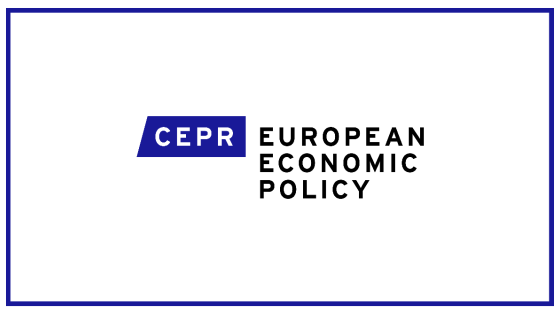

Search the site

The construction of Europe as an integrated economic social and political region able to deliver inclusive prosperity and sustainable growth for its member states and across its boundaries is at risk.
From the pandemics and the war against Ukraine, the macroeconomic environment has profoundly changed, challenging the economic policy model as it has evolved in the post-Global Financial Crisis (GFC) era. Looking forward, Europe has to secure its strengths in a more fragmented geo-political environment, which threaten to undermine a rules-based approach to global trade and international relations. At the same times, climate change and ageing are already weighing on European growth prospects and social resilience. Over the coming decades, climate change will dent growth---in Europe as well as in other regions – as it will raise the need to implement numerous costly adaptation and mitigation measures. The ageing of European populations will challenge existing migration policies and require measure to enhance technological change and the efficiency in the service sector. European institutions and political systems will face the need to manage changes to the economic and financial system on a massive scale, to attain sustainable growth and enhance inclusive prosperity.
Over the past two decades, conventional boundaries between monetary, fiscal and regulatory policies have been blurred and interactions among these policies have become the norm. Managing this evolution, Europe has significantly improved its resilience. European safeguards for crisis management and supervision of the financial system have created valuable backstop mechanisms, improving sustainability of public and private debt and the efficient working of asset market. When confronted with the pandemic, Europe was the first region to embark on a joint policy initiative to enforce the digital and climate transition with a strong component of European funding.
But Europe has so far failed to overcome its structural competitiveness shortfalls, and needs to find new solutions to address future challenges. As stressed in the 2024 reports by Enrico Letta and Mario Draghi, Europe’s most valuable asset, the Single Market, has not been utilized to its potential. Effective policy coordination and the provision of European public goods, with a firm footing in the subsidiarity principle, are key levers of change---raising fundamental issues in how to integrate the governance of fiscal monetary and regulatory policy with industrial and trade policy in a consistent economic policy framework.
The RPN on European Economic Policy (EEP) will explore these broad policy fields to extract analytical insights for an informed policy debate and elaborate policy proposals.
The RPN is expected to become a key source of expertise on policy issues, in particular for the euro area, and to help create a productive debate bridging national differences in views. Among its qualifying goals is promoting a stricter and effective integration of research and policy assessment/design, favouring multi-disciplinarity with the constructive engagement of economists with political scientists, historians and law experts.
RESEARCH POLICY NETWORK (RPNS) EU ECONOMIC ARCHITECTURE
A specific objective of the RPN is to actively contribute to the discussion of the policy agenda for the new institutional cycle starting after the European elections in June 2024. In view of this objective, it is appropriate to break down the general topics of interest of the network into different policy fields, which could serve as focus area or work streams of the RPN:
The goal of the RPN network would be to further elaborate on these focus areas and add to the research-based policy advice which can be proposed to policymakers.
The RPN EEP will closely coordinate its activities with other RPNs in particular European Financial Architecture, Competition Policy and Geo-economics.
The European Economic Architecture (EEA) RPN, established in September 2018 for an initial three-year term, has now evolved and been renamed European Economic Policy (EEP). It is currently led by Giancarlo Corsetti and Rolf Strauch.
The Centre for Economic Policy Research (CEPR) Research Policy Network (RPN) European Economic Policy will host several events a year, including a Webinar Series in collaboration with the European and Monetary Union (EMU) Laboratory of the European University Institute (EUI).
On Saturday, 14 December 2024, 10:00 - 11:00 (Paris time), the European Economic Policy RPN held a Session at Sciences Po during the CEPR Paris Symposium 2024.
.jpg?itok=UH6wl1Su)
















































The fourth edition of CEPR's annual flagship symposium will again bring together leading voices in European and global economics to discuss the most pressing issues facing the global economy. Academic presentations as well as policy panels and keynote lectures will be organised across a 6-day programme with several parallel streams.












